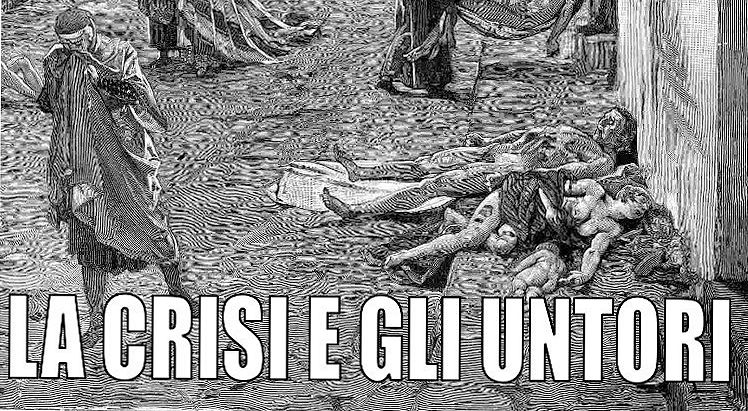
The paradox with which the pharmaceutical merchant, from his point of view, takes charge is that the more the drugs work, the more the diseases decrease, so he sells and earns less. In fact, the health market must prevent patients from dying or recovering quickly. More and more sick in life, or sick for life, is the dream, not at all forbidden, of every health entrepreneur. Disease prevention, if it does not require the use of substances, is counterproductive. Where it is possible (often in the psychiatric field), the disease is invented and if there are conditions that favor it, it is better not to tear one's clothes apart (for the pharmaceutical industry, evils never come to silver).
Being sick (of anything, "as long as it works") is becoming, in spite of ourselves, something in itself dissociated from the condition of health.
A permanent concern that represents one of the keys to our impersonal inclusion in the register of commodifying exchange relationships. Illness is imposing itself as a factor of stability and this makes medical treatment/non-treatment a very powerful organizer of social life.
The possibility of exponential profits plays a role in the transformation of medicine into a tool for the tendential conservation of the disease state, which silently shifts investments towards maintenance therapies. However, profits alone are not sufficient to explain the generalized perversion of the relationship with health and the tendential reduction of therapeutic devices into a complete instrument of pure power.
There is in each of us a psychic dimension in which the state of illness (whether real, potential or imagined) is dissociated from its course and suspended in its outcome. Narcissistically invested, it produces a secret sense of satisfaction because it creates the fantasy of a separation from the real world and its frustrations, favoring the illusion of a world centered on the self. Narcissism is reinforced by the masochism that every disease implies: the defiance of pain and the danger of death or impairment which, libidinally invested, contrasts the desire for healing and the pleasure of living.
The synergy between a society that produces profits and a society of disabled people, in which being healthy does not differ in anything from surviving, is on the way and the "governments of citizens" sleep peacefully, until the nightmare rings the alarm clock.
6.11.2015 – Verità nascoste. La rubrica settimanale di Sarantis Thanopulos – il manifesto
Ed: l’articolo riportato (a firma dell’inquietante Thanopoulos, figlio della morte) ripropone la teoria del complotto di BigPharma. Ora possiamo dire tutto il male possibile di BigPharma, non a caso è il settore industriale più screditato presso la popolazione. Lungi da noi difendere queste aziende (si ricordi che hanno licenziato ben 13.400 informatori fra il 2007 ed il 2014), secondo noi però la premessa di questo articolo (o della teoria del complotto) è errata in quanto considera BigPharma come un solo organismo. Non viene presa in considerazione che BigPharma è composta da tante aziende di tante parti del mondo, il cui fine è indubbiamente il profitto, fra loro però in concorrenza. E se un’azienda scopre un farmaco più efficace degli altri in commercio, avrà più profitti (vedasi il caso del Sofosbuvir per l’epatite C).
La popolazione poi invecchia sempre di più, e non ci vuole un grande scienziato per capire che più si è vecchi e maggiori sono le patologie e, se aumentano le patologie, aumenta il “mercato” dei farmaci, senza bisogno di interventi da untori. Magari si può anche pensare che i farmaci possono allungare la vita o per lo meno renderla più dignitosa.
We can then talk about corruption, lobbying, profit maximization, undue pressure, exploitation of ineffective drugs, modification of physiological parameters to make them pathological, etc., but there should be bodies responsible for monitoring the correctness of the pharmaceutical market and it can be assumed that they are not effective enough. But we cannot ignore the fact that pharmaceutical companies compete with each other and there is no monopoly or cartel between them.
